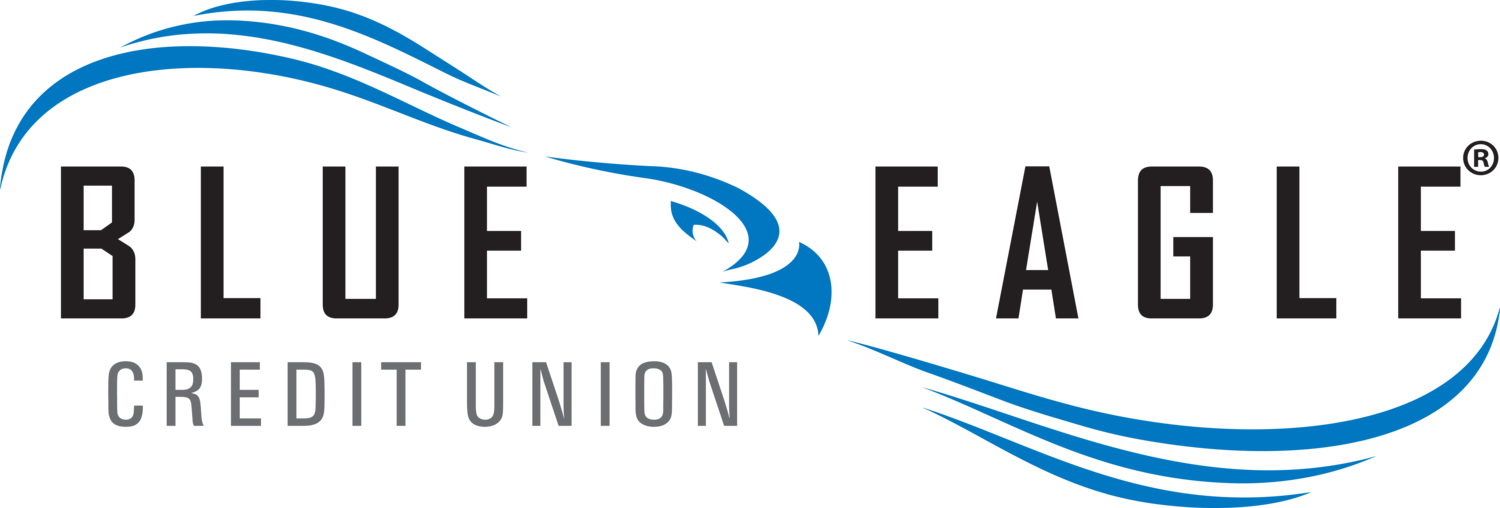How to Budget for a New Pet
Thinking about adding a furry (or feathery, or scaly) friend to your family? We totally get it — pets bring so much joy, companionship and unconditional love. But before you rush to the nearest shelter or pet store, let's chat about something super important: the cost of bringing a new pet home.
We’re here to help you navigate the financial side of pet ownership. So, how much does getting a new pet actually cost? Let’s break it down together.
Initial Costs
Adoption Fees: If you’re adopting from a shelter in Southwestern Virginia, fees can range from $25 to $250, depending on the type of pet, the pet’s age, and the shelter's policies. Purebred pets or those from breeders can cost significantly more, often in the hundreds or even thousands.
Initial Medical Expenses: This includes vaccinations, spaying/neutering, microchipping and the first vet visit. Expect to spend around $200 to $500 in the first few months.
Basic Supplies: Your new pet will need food and water bowls, a bed, a crate, toys and grooming supplies. For dogs and cats, these basics can add up to $100 to $300.
Food: The cost of pet food varies widely depending on the size and dietary needs of your pet. A good estimate for monthly food costs is $20 to $60.
Training and Socialization: For dogs, consider the cost of basic obedience classes or training sessions. Group classes usually start at around $100 for a 6-week course.
Recurring Costs
Healthcare: Regular vet check-ups, flea and tick prevention, and dental care are crucial. Annual vet visits can range from $100 to $300, but unexpected health issues can add up quickly.
Grooming: Depending on your pet’s breed, grooming can be a significant expense. For dogs that need regular professional grooming, expect to pay around $30 to $100 per session, every 6-8 weeks.
Pet Insurance: To help manage unexpected medical expenses, consider pet insurance. Monthly premiums range from $20 to $50 depending on the coverage level and your pet’s age and breed.
Supplies: Ongoing expenses include food, litter for cats, toys and any other consumables. Budget about $30 to $80 per month.
Unexpected Costs
Emergency Vet Visits: These can be very expensive, often running into the thousands. Having a savings cushion for emergencies is a smart move.
Pet Sitting or Boarding: If you travel frequently, you’ll need to budget for pet sitting or boarding services. Daily rates can range from $20 to $50.
Damage Control: Pets can sometimes cause unexpected damage to furniture, carpets, and more. Having a little extra set aside for repairs or replacements is a good idea.
Budgeting Tips
Plan Ahead: Start a dedicated savings account for your pet-related expenses. This will help you manage both regular and unexpected costs.
Shop Smart: Look for deals and buy in bulk where possible. Consider generic brands for supplies like toys and grooming products.
Preventive Care: Keeping up with regular vet visits and preventive care can save you money in the long run by avoiding more serious health issues.
DIY Solutions: There are many ways to save money by making your own pet toys, grooming your pet at home, and preparing homemade treats.
Final Thoughts
Bringing a new pet into your home is a wonderful experience, but it’s essential to be prepared for the financial commitment. By planning ahead and budgeting smartly, you can ensure that you and your new best friend enjoy a happy, healthy life together.
At Blue Eagle Credit Union, we’re here to support you every step of the way. Whether you need help setting up a pet savings account or want advice on managing your finances, we’ve got your back.
Stay pawsome!
